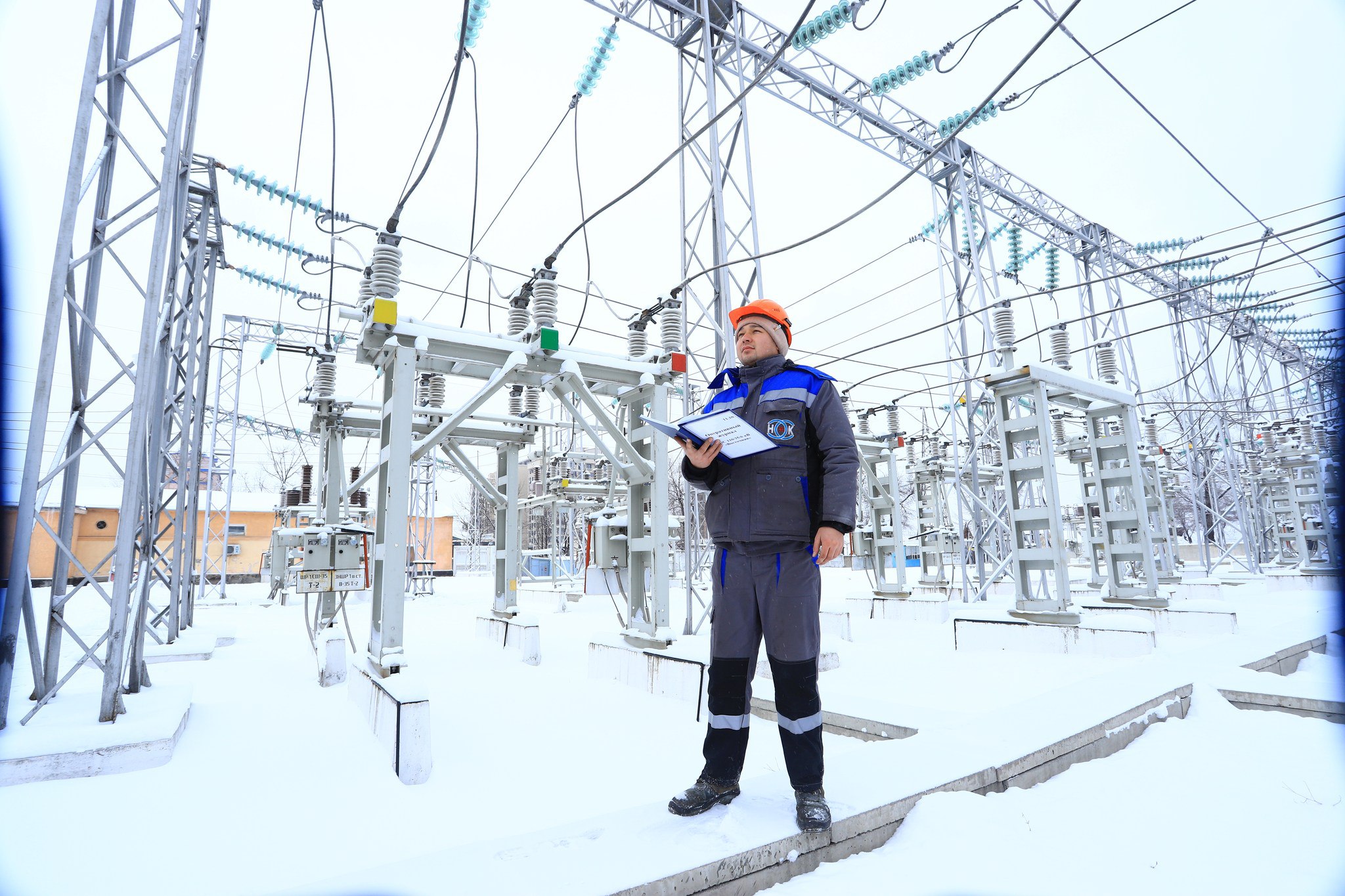As the process of normalizing relations continues between Kyrgyzstan and Tajikistan, representatives of both sides have met in Bishkek to discuss the CASA-1000 (Central Asia-South Asia) power export project. According to Kyrgyzstan’s Ministry of Energy, Kyrgyzstan has signed a joint declaration with Pakistan and Tajikistan to resume construction of high-voltage transmission lines in Kyrgyzstan, Tajikistan, Afghanistan and Pakistan, to export electricity to Pakistan. It is reported that construction work on the CASA-1000 project has been resumed in Afghanistan, where it was frozen after the Taliban came to power in 2021.
“This declaration thanks the World Bank for its prompt approval of the resumption of construction work on the CASA-1000 project in Afghanistan. It also reaffirms its readiness to fully support the implementation of the preconditions agreed with the World Bank Board for the resumption of construction in [Afghanistan]. This is a serious step forward in the region’s desire for energy cooperation”, said the Kyrgyz Ministry of Energy’s press service.
“Tajikistan is expected to supply 70 percent of the CASA-1000 project [electricity], and Kyrgyzstan the remaining 30 percent. [They’ll supply] a total of 1,000-1,300 MW of electricity per year,” Elzada Sargashkayeva, head of the public relations department of NENK (National Electricity Networks of Kyrgyzstan), told the Times of Central Asia.
In Afghanistan, construction of the power lines was 60% complete, the agency said.
Late last year, the World Bank allocated an additional $18.3m for Kyrgyzstan under CASA-1000 — on top of the $216m previously allocated for the project.
“For the Kyrgyz Republic, the CASA-1000 project provides for the construction of A/C power transmission lines (500 kV), with a length of about 456 kilometers. Currently, the project implementation is proceeding at an active pace: 1,243 [transmission towers] have already been installed (100 percent), work on suspension of wires on 287 kilometers of power lines has been completed (63 percent),” said World Bank Senior Energy Specialist Dmitry Glazkov.
Work on the project was suspended when the Taliban came to power in Afghanistan — and also due to the armed border conflict between Kyrgyzstan and Tajikistan, the international institute said. But the scope of work remains the same. The World Bank is allocating the additional support to bridge the funding gap caused by rising prices for goods and transportation after the Covid-19 pandemic and its ensuing broad economic crisis. The money will be given to Kyrgyzstan in the form of an interest-free loan for 50 years, with a 10-year grace period. The project’s target completion time is March 2025.
According to the World Bank, Central Asia has many renewable energy sources, and is strategically positioned to develop regional trade in electricity, the exchange of which is still limited. “In Kyrgyzstan and Tajikistan, hydropower plants generate more than 80-90 percent of electricity, but these countries use less than five percent of their hydropower potential, which is several times the combined demand of the entire region. At the same time, 90 percent of the energy needs of Uzbekistan, Turkmenistan and Kazakhstan are met by fossil fuels, which offers significant opportunities for decarbonization,” the World Bank report stresses.
The main obstacle to the generation and distribution of electricity and water resources is weak regional cooperation. Underscoring these problems is a mismatch in the timing of water needs for power generation and food production, World Bank experts said. Kyrgyzstan and Tajikistan, for example, need water in winter to generate electricity, while Kazakhstan, Turkmenistan and Uzbekistan need water in summer for agriculture.
Since 2022 an agreement has been in place on electricity exchange between Kyrgyzstan and Uzbekistan. Thus, under the agreement between the energy companies of the two countries,150 million kilowatt-hours (kWh) of electricity were supplied from Ruz to Kyrgyzstan in the spring of 2023 during the period of low domestic consumption in Uzbekistan. Kyrgyzstan, in turn, returned this amount of electricity during the summer season and also provided water for irrigation to the Uzbeks via the Naryn River.



